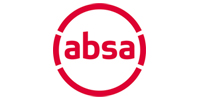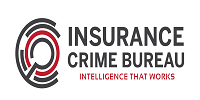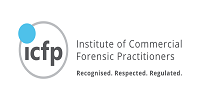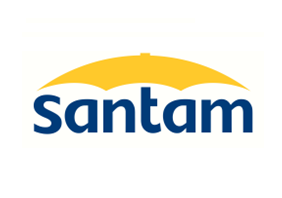LATEST UPDATES & SCAM ALERTS
Business Impersonation Scams: Know What to Look Out For
Date: 09 September 2024
The recent increase in business impersonation scams has resulted in numerous consumers falling victim to scam messages impersonating institutions like banks, cellular network providers, as well as popular local businesses and organisations in an effort to steal your personal information or money.
What are the red flags?
These normally start off with an unsolicited communication via email (phishing), SMS (smishing), a phone call from an unfamiliar number (vishing), or even a message via a social media platform.Beware:
- If you are asked for your username, password, or to verify personal information.
- If you receive notification of an outstanding payment, an unauthorised transaction on your account, or a request to confirm a payment you did not initiate.
- If you receive a message that conveys a sense of urgency or includes threats of arrest, legal action, or similar consequences.
- If you are asked to use a bank account different from the one you have on record.
Examples of corporate impersonations
SIM Swops: You may receive a call from an individual claiming to represent your mobile service provider. They will inform you that a SIM swap has been requested for your number and will ask you to authorise or decline the request by confirming the one-time PIN (OTP) sent to your number. If you provide the OTP to the caller, you will have fallen victim to the scam, potentially approving the SIM swap or granting the scammer remote access to your device.Phishing: You may receive an SMS impersonating your bank, notifying you of a large transaction that has been processed. The message will further instruct that if you did not authorise this transaction, to click on the link in the message to report it as fraud. Once you click the link, scammers will redirect you to a webpage that requests confirmation of your personal information and verification using your bank card number and CVV number. This is a phishing attempt to compromise your payment details.
Additionally, by clicking on the link, you risk downloading malware onto your device, which can further compromise your social media accounts and other applications. This malware can provide scammers with access to information about your family and friends, allowing them to use your trusted channels to contact and scam your loved ones as well.
Prepaid Electricity: Scammers are impersonating authorised prepaid electricity vendors, advertising voucher sales through social media platforms and virtual markets. They provide a fake voucher number, missing the last three digits, and claim these digits serve as a PIN that will be sent after payment. Once payment is made, the scammer either sends a fake PIN or becomes uncontactable. Similar incidents involve scammers impersonating trusted brands, including delivery scams, insurance claim scams, limited-time discounts and coupons from popular retailers, and donation or charity request scams impersonating local and international organisations to exploit your goodwill.
Steps to protect yourself
Check that the message or request is legitimate.If you did not initiate a request or discussion with the person or organisation directly, and you are not expecting any communication from them, take precautions and protect yourself from falling victim to a scam by:
- Verifying the communication and contacting the person or organisation directly using contact details found on your statements or on the organisation's official website.
- Always use their official website, secure portal or mobile application.
- Do not respond to the message or call the numbers provided within the message.
Scammers could be pretending to be or impersonating an employee from the institution. Immediately call the institution back on the number you already have saved for them to confirm the request.
Do not click on any links or open any attachments until you have confirmed the message is legitimate.You can also download our Yima Plugin and use our FREE website vulnerability scanner to check for any known fraud risks associated with the website.
What to do if you think you have been scammed
Act quickly. Immediately contact your bank to check for any unauthorised payments processed through your account. Contact your mobile network service provider to check for any new SIM cards issued on your profile, change all your account and device passwords and report the incident immediately.We are here to help
On the Yima website learn about how you may be targeted and the tools available to protect yourself from falling victim, as well as what current scam trends could impact you.
Please report any scam to us on: https://www.yima.org.za/reportscam to support the intelligence initiatives focused on apprehending scam syndicates.
You can also report an incident directly to any of our members via the Scams Hotline on 083 123 7226 (SCAM) or contact Yima on info@yima.org.za for further assistance.
SHARE THIS
OUR HOTLINE NUMBER
083 123 7226
REPORT A SCAM
Scammed? Reporting your incident helps collect vital information to fight back. Report your incident here.
AM I BEING SCAMMED
Check if you could be a potential target for scammers. Don't become a victim.
















